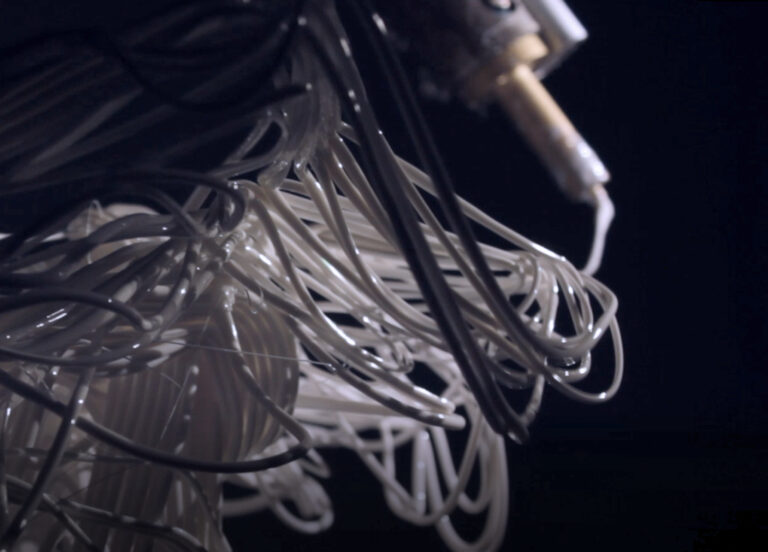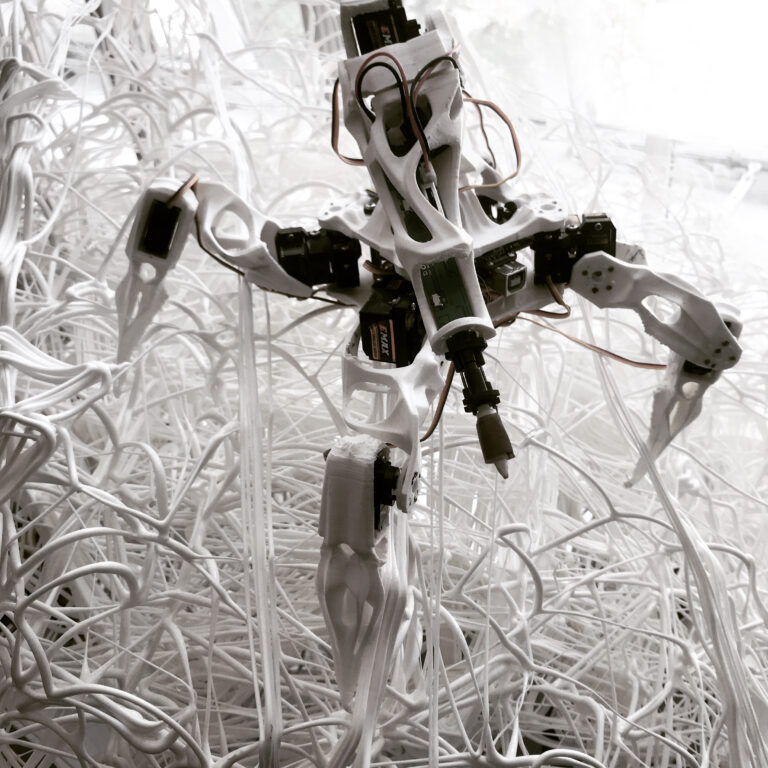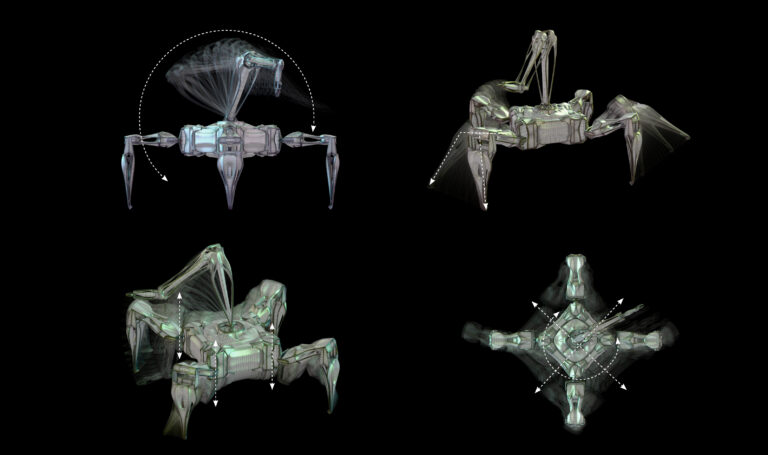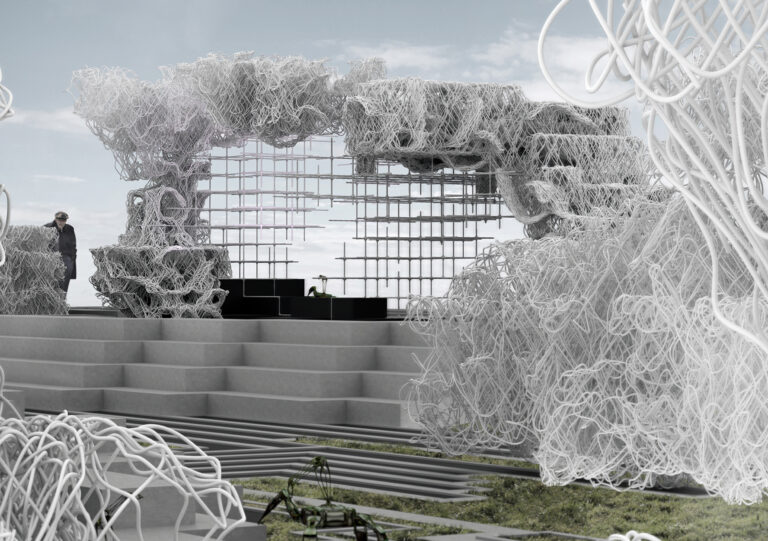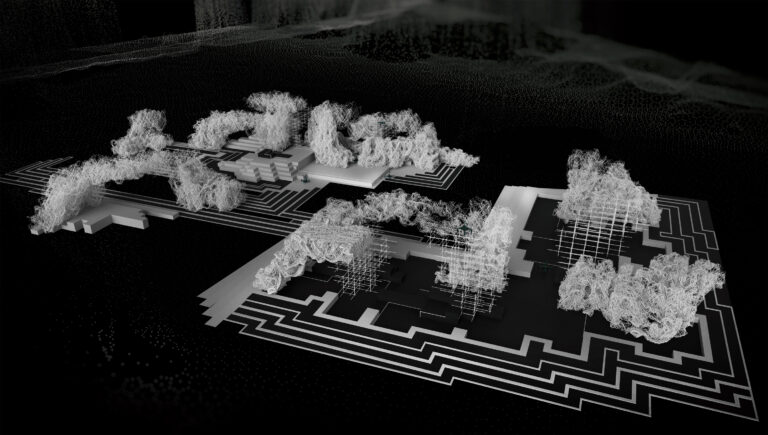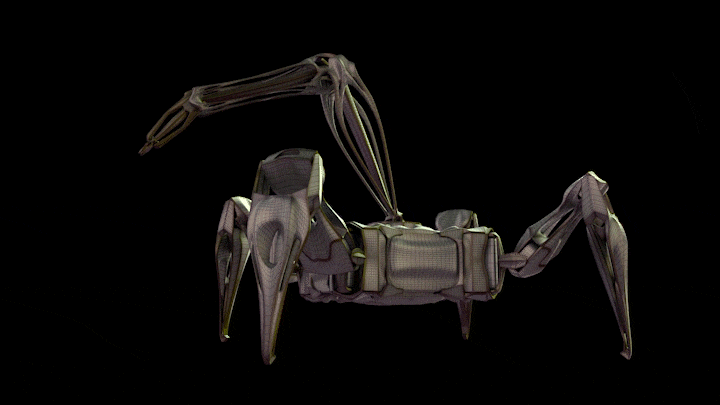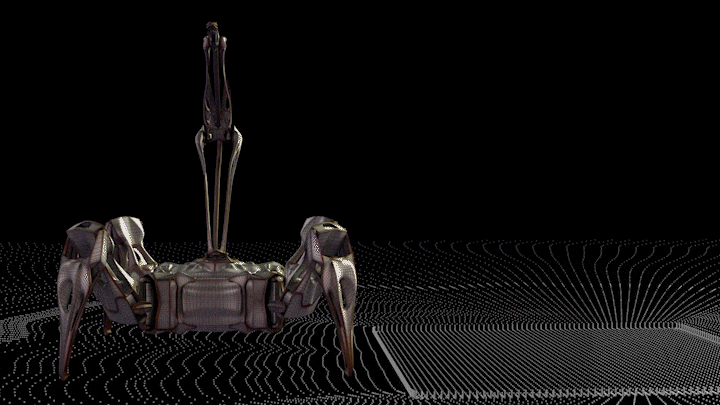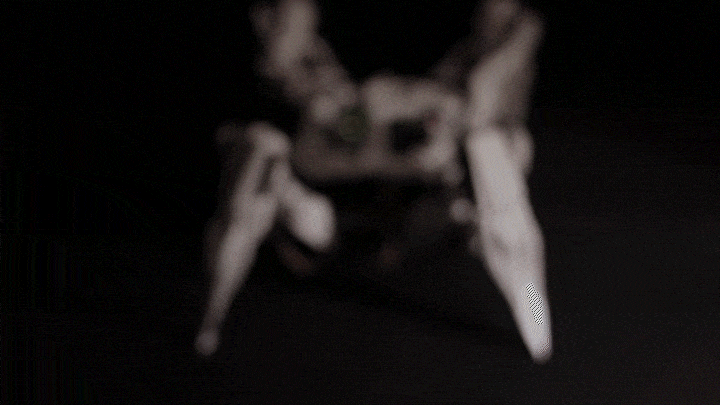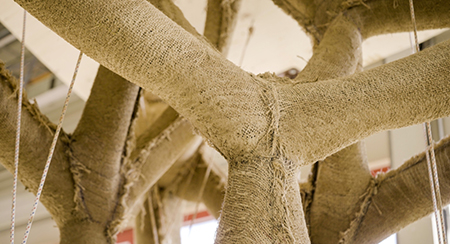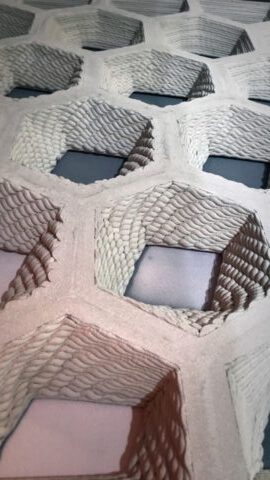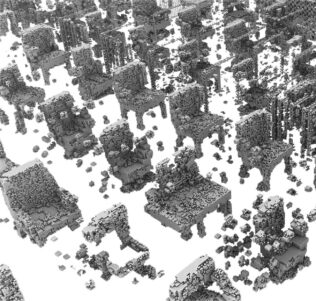Today, architecture is still largely shaped by top-down decisions and rigid production logics, a legacy of the first machine age and the ideals celebrated by Le Corbusier and his contemporaries. However, the machines we work with today are no longer mechanical and fixed; they are adaptive, networked, and capable of feedback. Thus, this project challenges fixed-form thinking by proposing a feedback-driven approach where spatial forms emerge through the interplay of digital systems, material behavior, and human interaction. “Machinic” here does not refer to mechanical repetition, but to systems of relations, where form is not imposed, but evolves from within the process itself. Rather than imposing form, the robot developed fin this project acts as a participant within a responsive material-machine system. It builds spatial structures that evolve in real time. In this way, this thesis reimagines architectural authorship as a distributed negotiation between human design intention, machine agency, and embodied material feedback.
Master Thesis | supervised by Prof. Marjan Colletti, Department of Experimental Architecture | University of Innsbruck | 2018
